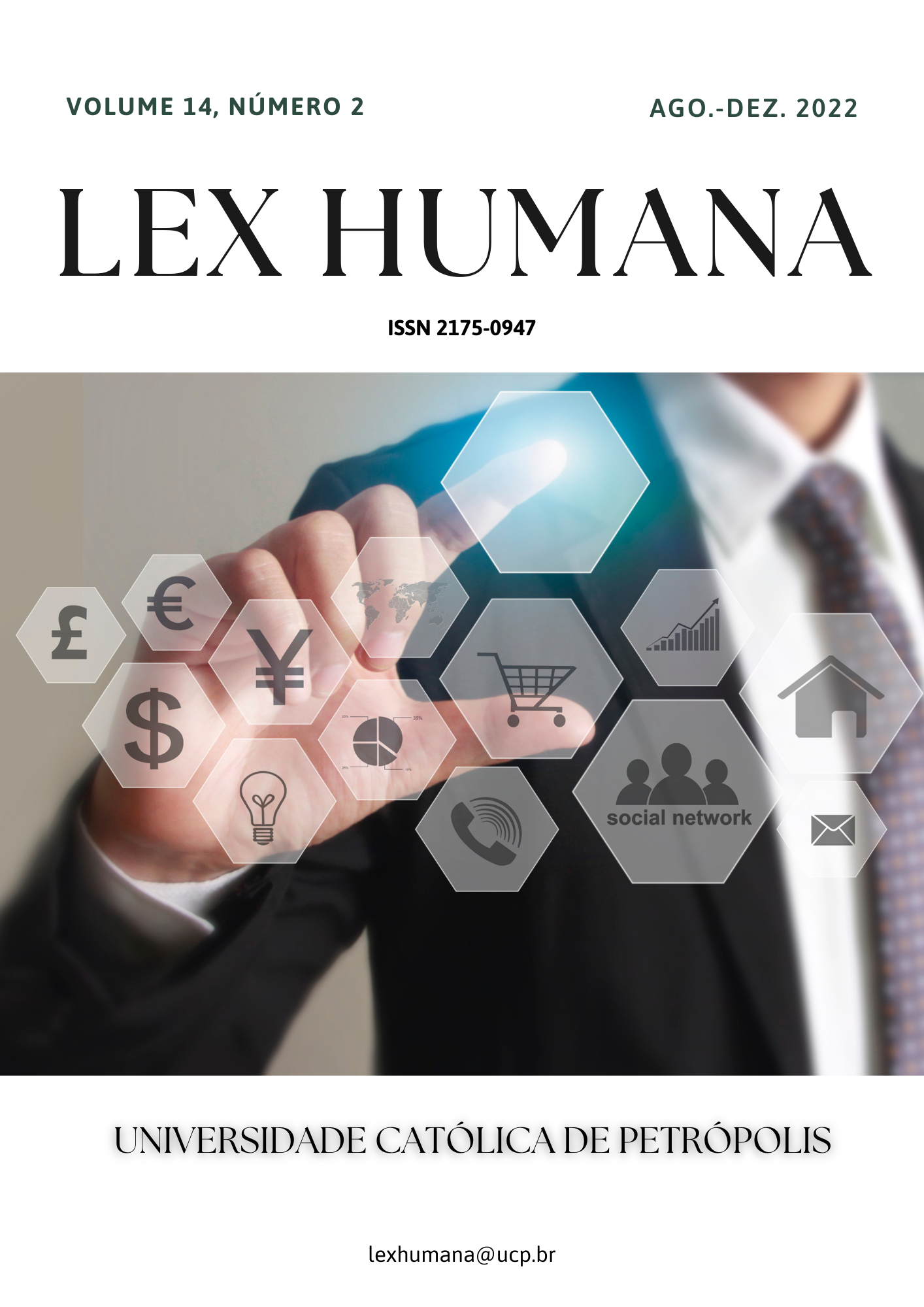Abstract
The purpose of this study was to Measuring the level of trust, legitimacy and civil awareness among Turkish citizens with an emphasis on legal procedures. The study is quantitative field research, and the data has been collected through a survey method. Results show that, it has been revealed that there is a significant relationship between the demographical characteristics, perspectives on life, future expectations, religiosity level, political view, the social trust level of the individuals, and their level of trust in the institutions. According to the findings derived, it has been seen that the institutional and social trust levels of the citizens in Turkey are quite low. The most trusted institutions are “Army-Armed Forces and Presidency”.
References
Adaman, F., & Çarkoğlu, A. (2000). Devlet reformu: Türkiye’de yerel ve merkezi yönetimlerde hizmetlerden tatmin, patronaj İlişkileri ve reform. TESEV.
Ağaoğulları, M. A. (2009). Jean Bodin: Egemen devletin belirmesi. In M. A. Ağaoğulları & L. Köker (Eds.), Kral Devlet ya da Ölümlü Tanrı (pp. 9-64). İmge.
Akgün, B. (2001). Political trust in Turkey: Causes and consequences. Ankara University SBF Journal, 56(4), 1–23. https://dergipark.org.tr/tr/download/article-file/36232
Aytaç, E., Çarkoğlu, A., & Ertan, G. (2017). Interpersonal social trust in Turkey and its individual-level determinants. METU Studies in Development, 44, 1–25. https://open.metu.edu.tr/handle/11511/58170
Baradat, L. P. (2012). Siyasal İdeolojiler kökenleri ve etkileri, Trans. Abdurrahman Aydın. Siyasal.
Can, İ. (2015). Türkiye’de siyasal güven: Liderler, kurumlar, Süreçler. Açılım.
Castelfranchi, C., & Rino, F. (2010). Trust theory. John Wiley & Sons.
Christensen, T., & Lægreid, P. (2002). Trust in government-the relative importance of service satisfaction, political factors and demography. Stein Rokkan Centre for Social Studies Bergen University Research Foundation.
Ertan, G., Aytaç, S. E., Çarkoğlu, A. (2019). Trust in political institutions in turkey: cultural and institutional explanations and the “home team" effect. Hacettepe University, Journal of the Faculty of Economics and Administrative Sciences, 37(1), 65–88 https://doi.org/10.17065/huniibf.363402.
Eşki Uğuz, H. (2010). Kişisel ve kurumsal Gelişmeye farklı bir Yaklaşım: Sosyal sermaye. Orion Book Company.
Eşki Uğuz, Örselli, E., Sipahi, E. B. (2011). Measurement of social capital: Turkey experience. Journal of Academic Inquiries, 6(1), 8-40 https://dergipark.org.tr/tr/pub/akademikincelemeler/issue/1549/19026
Esmer, Y. (2012). Türkiye Değerler Atlası. http://www.bahcesehir.edu.tr
Friedman, B. L. (2006). Policy analysis as organizational analysis. In R. E. Goodin, M. Moran & M. Rein (Eds.), The Oxford handbook of public policy (pp. 482-496). Oxford University Press.
Fukuyama, F. (2010). Sosyal sermaye ve sivil toplum. In M. M. Şahin & A. Z. Ünal (Eds.), Sosyal sermaye: Kuram-Uygulama-Eleştiri (pp. 143-170). Değişim.
Gauchet, M. (2013). Anlam borcu ve devletin kökenleri: Ilkelerde din ve siyaset. In C. Bali Akal (Ed.), Devlet kuramı. Dost.
Gökçe, G. (2007). Güçlü ve zayıf devlet Tartışmaları Bağlamında Türkiye. Çizgi.
Hardin, R. (1999). Do we want to trust in government? In M. E. Warren (Ed.), Democracy and Trust (pp. 22-41). Cambridge University.
Hveem, H., & Nordhaug, K. (2002). Summary and conclusions: Adjusting trade liberalization and environmental protection demands in an era of globalization. In H. Hveem & K. Nordhaug (Eds.), Public policy in the age of globalization: Responses to environmental and economic crises (pp. 198-225). Palgrave.
Kennett, P. (2008). Introduction: Governance, the state and public policy in a global age. In P. Kennett (Ed.), Governance, globalization and public policy. Edward Elgar Publishing.
Maloy, J. S. (2009). Two concepts of trust. Journal of Politics, 71(2), 492–505. https://doi.org/10.1017/S0022381609090410
Mühl, J. K. (2014). Organizational trust: Measurement, impact and the role of management accountants. Springer.
Perruci, R., & Perruci, C. (2009). America at risk: The crisis of hope, trust and caring. Rowman & Littlefield Publishing Group.
Rousseau, J. J. (1997). Toplum anlaşması. Milli Eğitim Bakanlığı (Trans.). V. Günyol.
Solomon, R. C., & Flores, F. (2001). İş dünyasında, politikada, ilişkilerde ve yaşamda güven yaratmak. MESS.
Tilly, C. (2011). Demokrasi, Trans. Ebru Arıcan. Phoenix.
Töremen, F., & Ersözlü, A. (2010). Eğitim Örgütlerinde sosyal sermaye ve yönetimi. İdeal Kültür.
Trcek, D. (2018). Trust and reputation management systems: An e-business perspective. Springer.
Weber, M. (2004). Sosyoloji Yazıları, Trans. Taha Parla. İletişim.
Woolcock, M., & Narayan, D. (2010). Sosyal sermaye: Kalkınma teorisi, araştırması ve politikası için öneriler. In M. M. Şahin & A. Z. Ünal (Eds.), Sosyal sermaye: Kuram-Uygulama-Eleştiri (pp. 265-306). Değişim.
World Values Survey. (n.d.). http://www.worldvaluessurvey.org
Wuthnow, R. (2002). Bridging the privileged and the marginalized? In R. D. Putnam (Ed.), Democracies in flux: The evolution of social capital in contemporary society (pp. 59-102). Oxford University Press.
Yang, K. (2005). Public administrators’ trust in citizens: A missing link in citizen involvement efforts. Public Administration Review, 65(3), 273–285. https://doi.org/10.1111/j.1540-6210.2005.00453.x

This work is licensed under a Creative Commons Attribution-NonCommercial-NoDerivatives 4.0 International License.
Copyright (c) 2022 Lex Humana (ISSN 2175-0947)

